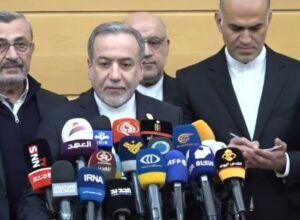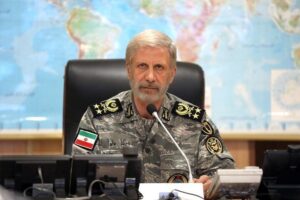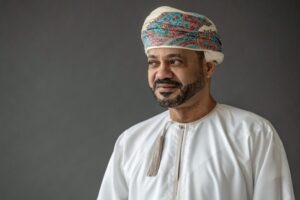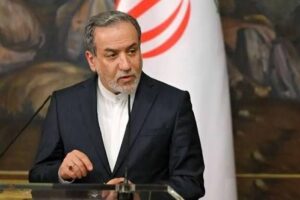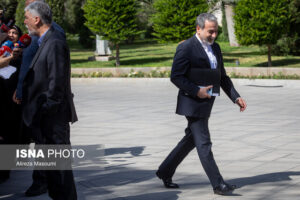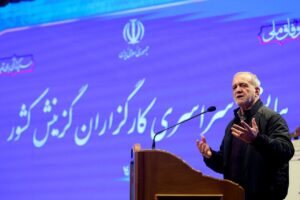Iran’s Minister of Foreign Affairs, Seyed Abbas Araghchi, upon his arrival in New York to attend the 80th session of the United Nations General Assembly, outlined Iran’s positions on current regional and international challenges, stressing both the peaceful nature of its nuclear program and its readiness to defend national interests if pressured.
Araghchi noted that Iran has used the UN General Assembly each year as a platform to express its views and defend the rights of its people. This year’s gathering, he said, is particularly significant as it coincides with the 80th anniversary of the UN’s founding and follows what he described as attacks and aggression by the United States and Israel against Iran. He emphasized that Tehran will highlight the resilience shown during twelve days of defense, while underscoring its fundamentally peace-seeking approach and the peaceful character of its nuclear program.
Araghchi will meet Grossi
During his stay in New York, Araghchi is scheduled to hold bilateral meetings, including participation in the Davos gathering and talks with Rafael Grossi, Director General of the International Atomic Energy Agency (IAEA). Araghchi stated that discussions will cover the status of Iran’s nuclear program, the cooperation agreement with the IAEA, and the snapback process currently under debate at the UN Security Council. He warned that if the snapback mechanism is triggered, the agreement with the IAEA would lose its validity, forcing Iran to reassess its commitments.
Araghchi further cautioned that if European members of the Security Council proceed with what he called “destructive action,” Iran would respond and the relationship with the IAEA would enter a new stage. He stressed that Tehran’s preference remains diplomacy, but warned that continued pressure and threats will not yield results.
Meeting with European foreign ministers is also on Araghchi’s agenda, which he described as a crucial moment for the other parties to choose between cooperation and confrontation. He reiterated that Iran responds only to “the language of respect and dignity,” not coercion.
Concluding his remarks, Araghchi attributed the current situation to the U.S. withdrawal from the JCPOA, arguing that Iran has consistently demonstrated its commitment to diplomacy. He said Iran remains ready to pursue a diplomatic solution that secures the interests of its people and addresses its security concerns. However, he underlined that if no solution is reached, “the path of the Iranian people is clear,” while insisting that the stability of the region and international non-proliferation would be best served through diplomacy — a path for which Iran, he stressed, is prepared.

